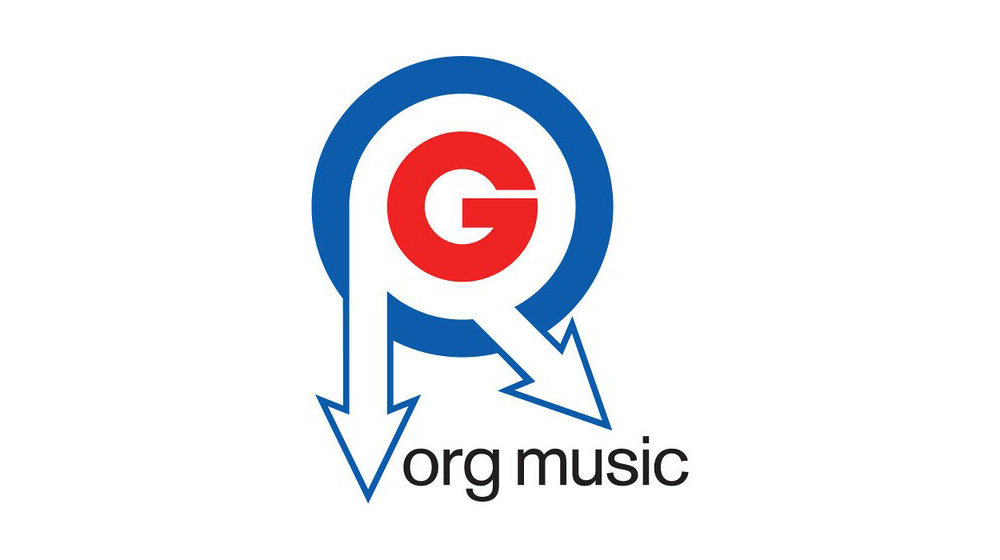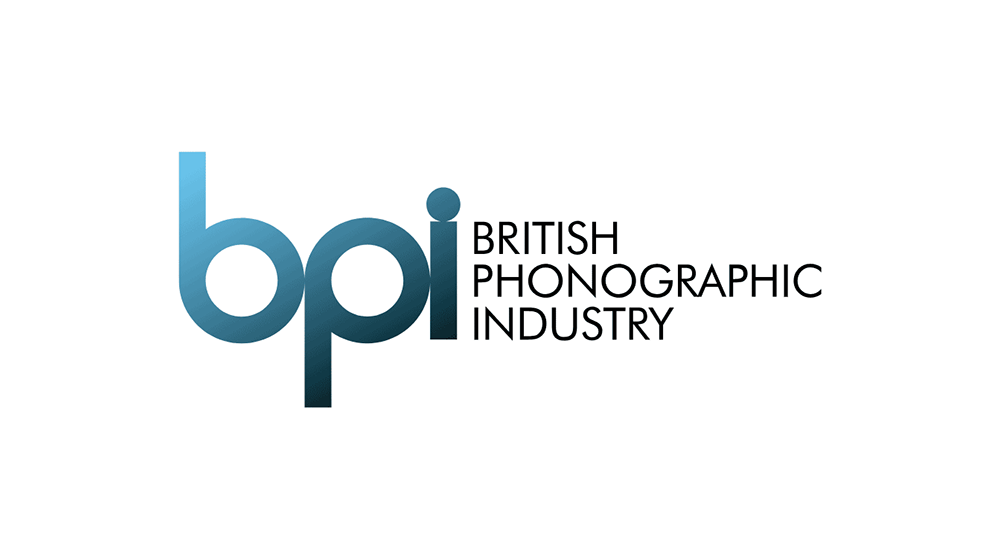(Hypebot) — Learn how to sell a music business successfully by focusing on key strategies to maximize its value. Proper planning and expert advice can help you get the best deal and secure a smooth exit.
How to Sell A Music Business
Go On, Take the Money and Run: Important Considerations On Selling a Music Industry Business
by Matt Wilson, a partner at Arnall Golden Gregory LLP
“The best way to predict the future is to create it,” Peter Drucker, acclaimed business writer, once opined. And so goes the spirit of entrepreneurship. In the music industry, that spirit of entrepreneurship has fueled everything from independent record stores and record labels to global publishing and distribution conglomerates. From the Victor Talking Machine Company to Spotify, many of the world’s most dynamic and influential music businesses can be traced back to the bold vision of their founders.
The metrics of business success commonly include enhanced productivity, growth and expansion, profitability, and, in some cases, disposition (e.g., mergers, acquisitions, and/or the sale of assets). It’s no secret that the end goal of many founders is the coveted pay-day exit and retirement to a tropical beach. With capital investment continuing to flood the music industry — as seen is Blackstone’s $1 trillion acquisition of Hipgnosis Songs Fund — now is an opportune time for founders to consider strategies to maximize the value and appeal of their business to potential buyers.
“planning, preparation, and implementation”
The key to a successful business is often linked to careful planning, preparation, and implementation. The same key elements can also be seen as vital to a successful disposition of a business. To that end, management is encouraged to develop and adhere to standardized practices related to internal corporate governance, financial recordkeeping, and general operational matters.
Whether targeting a billion-dollar tech company or a neighborhood record shop, a sale of business will be contingent upon the performance of a comprehensive due diligence review by the other party. While the scope of that investigation will vary depending on the sophistication of parties and the overall value of the transaction, an unfavorable review will likely kill a deal before it’s off the ground. As such, music businesses should adopt policies and practices that anticipate and facilitate a third-party investigation.
Planning Tips and Tidbits
The most successful businesses are those that differentiate themselves in a competitive market and attract loyal consumer patronage. As capital investment flows into the music industry, successful start-ups, publishing companies, streaming services, and legacy catalogs alike are ripe for investment and/or acquisition.
Consider a hypothetical high-end, multi-location record store called Protozoa Records, which specializes in rare vinyl, in-store performances, and fan-to-artist VIP experiences. Protozoa’s niche business excels by attracting super-fans that comprise the top tier of music consumers. Such success is certain, in turn, to soon attract the attention of the market and potential buyers.
If Protozoa is inclined to test the market, management should ensure that the back of the house is in order before opening the proverbial doors to a potential buyer. Revealing a disorganized business (or worse) is certain to reduce the subjective value of the business in eyes of a potential buyer, and it may reduce the objective value by making the transaction unduly burdensome. The discussion tips below can mitigate such burdens.
Maintain a Corporate File
State law mandates certain corporate and organizational formalities that are necessary for all state-sanctioned entities.
Protozoa, as a California corporation, is required by law to hold annual meetings and maintain written records of important board and shareholder activities. The failure to maintain a basic corporate minute book and relevant written records is a red flag that may stall transaction negotiations. Accordingly, Protozoa should maintain a corporate file that includes the relevant formation and annual registration documents, business licenses and permits, and any other governmental or regulatory records affecting the business.
Audit Financial Records and Protect IP Assets
Similarly, financial records are one of the most important items on the diligence checklist. While audited financials are the gold standard, even off-the-shelf software-generated books that are consistently maintained and easily verifiable will enhance the appeal of the target business. In addition to adequately maintained financial statements, the investigating party will request to review tax returns, bank statements, accounts receivables/payables records, and revenue projections looking back three to five years. The more organized, the better.
On the asset side of the ledger, Protozoa should also ensure that the business-related intellectual property (e.g., trademarks, brand names, logos, copyrighted works, domains) is properly recorded, protected, and administered. The value of Protozoa’s brand may be closely tied to a federal trademark registration and appropriate quality control practices.
Develop Uniform Practices
From the operational perspective, Protozoa should develop and maintain uniform practices that allow for transparent review and analysis of day-to-day business operations.
Examples of practices that Protozoa can implement include:
- Ensuring physical inventory records, distribution and sales transactions, and contract databases are accessible in real time.
- Securing necessary clearances and licensure for operations such blanket public performance licenses.
- Developing brand protection and quality control policies.
- Properly documenting and monitoring promotional and advertising activities.
- Standardizing and periodically reviewing legal compliance procedures.
- Paying heightened, specific attention to highly regulated subject matter, such as consumer privacy and employment policies.
- Maintaining detailed records of all pending or past legal and regulatory violations, third-party claims, and lawsuits.
Taking Care of Business
Anticipate a Potential Transaction
In addition to planning for the eventual due diligence analysis, Protozoa can prepare for a potential sale by adopting policies that anticipate such sale. For instance, ensuring that all vendor contracts and licensed assets are freely transferrable (i.e., assignable) will make the transaction more attractive, and logistical planning such as short-term transition services and/or relationship hand-offs will make post-transaction success more likely.
Build a Team of Outside Counsel
Along with internal preparation and planning practices, assembling a team of outside professionals is an indispensable element for success. Protozoa is encouraged to engage financial accountants and legal counsel early to advise on the structure of a potential transaction and important terms to extract the most value from the deal. Further, engaging such professionals prior to taking Protozoa to market will not only facilitate the actual transaction but will likely save time and money in the long run.
The transaction itself typically follows a standard protocol. Upon the completion of the diligence process, the non-exiting party will often prepare the initial round of documents. If the parties executed a letter of intent, the material terms reflected in that letter will be incorporated into the deal documents along with other important concepts, such as representations and warranties, covenants, indemnification obligations, liability disclaimers, and legal boilerplate. While the negotiation of general business terms may remain static, experienced legal counsel can offer incomparable value at this time. Concepts such as indemnification baskets and caps, coupled with warranty disclaimers can forestall potential losses that might otherwise neutralize the value of the transaction to Protozoa’s founders.
This Is the End
The sale of a music business can be a lucrative milestone when handled correctly. The favorability of the deal is often closely tied to the amount of planning, preparation, and counsel engaged by ownership and management during the lifetime of the business.
Protozoa’s day-to-day practices and organization may be as important to a buyer as the business brand and customer base. Indeed, market success coupled with an eye toward exit during the life of the business all but guarantees that Protozoa will be highly coveted by potential buyers. Selling the business on their own terms, the Protozoa founders can maximize their payout while preserving their legacy in an industry with a long and storied history.
Matt Wilson is a partner at Arnall Golden Gregory LLP and the chair of the firm’s Entertainment & Sports industry team. A self-described “music nerd,” Matt advises his clients on legal matters related to entertainment, sports, technology, new media, and advertising. He may be reached at matthew.wilson@agg.com.




























































